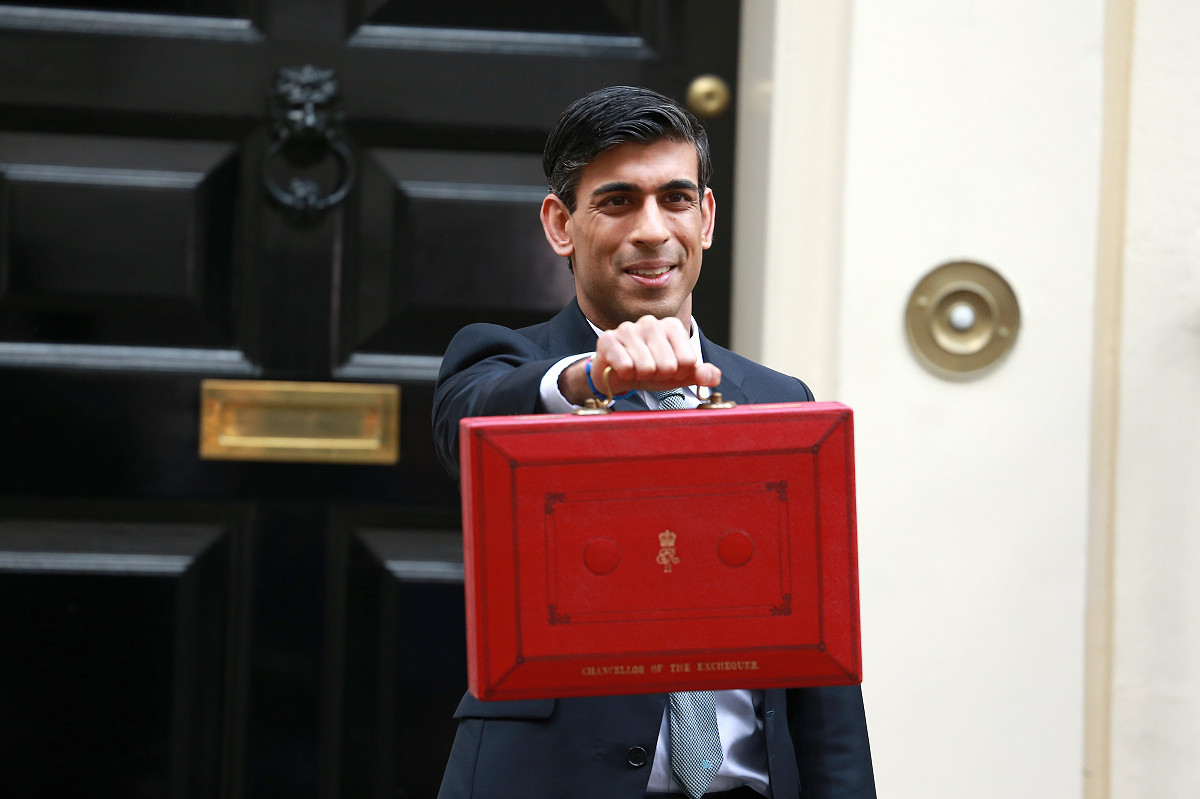
It now seems likely that total UK government borrowing in 2020 will be more than £300bn – perhaps as high as £400bn. Total government debt is now over £2trn and the increase this year alone is going to be approaching 20% of GDP.
As a result, tax increases seem to many people to be inevitable. But this could be a big mistake. There are other much better ways of stabilising the economy and reducing the burden of government debt.
First, we need to get through the pandemic. In many key respects, we have so far done well considering the extremely adverse conditions we have had to face. GDP fell by 15% during the second quarter of 2020 compared to the first but the government’s furlough scheme and other support maintained total incomes within about 2.5% of where they were before and kept most viable businesses afloat. The economy was not overtaxed because reduced household spending matched falling output and inflation remained low.
How did this happen?
It was possible because the rises in government subsidies to people and businesses more or less equalled a huge increase in personal savings. A very large rise in government borrowing was thus offset by an increase of about the same size as the private sector cut its spending. Provided this situation continues until the COVID crisis is over, damage to either incomes or company viability will be limited, and the economy will not become overstretched.
As the threat from coronavirus recedes in 2021, private sector savings will inevitably fall, demand will increase and the need for income and corporate subsidies will be reduced. If this process is well-managed, the long-term damage to the economy should be manageably small.
There will be some increase in interest charge to be paid on the increased government debt but not that much, partly because interest rates are very low and partly because most of the extra borrowing which has taken place has been from the Bank of England which the government owns, so that the government is effectively paying interest to itself.
Why then do people think that we will need to raise taxes?
The answer is that they believe – potentially rightly – that when the coronavirus crisis is over the government is likely to be left with a large current deficit with increasing levels of government borrowing. And if no action is taken to stop this from happening, they may well be right. This will not happen, however, because the government is overspending. It will happen because, as consumer spending recovers, it is very likely to cause a reappearance of our large balance of payments deficit.
The government will then have a big deficit too, because a foreign payment deficit sucks demand out of the economy, leaving the government with no option but to operate with a deficit, to stop demand collapsing. This is why the foreign payments deficit year after year is roughly the mirror image of the government shortfall of revenue in relation to income. In these circumstances, increases in taxation or cuts in expenditure would do little to reduce the deficit. Their main impact would be to depress the economy.
This then leads to the way ahead which we ought to adopt. It is both to avoid an unmanageable foreign payments gap and to rebalance the UK economy towards higher levels of investment and a faster growth rate by bringing the exchange rate down to a level which makes it profitable to invest in manufacturing in the UK. The target should be to use this policy to increase the growth rate by about 2% per annum above what it would otherwise have been. This will make the economy 20% bigger by 2030 than it would be if we had carried on as we are.
The solution to our COVID-19 recovery, therefore, is not to depress the economy with tax increases which are all too likely to lead to low growth, with the government still running a large deficit and with total debt still rising as a percentage of GDP. Instead it is to trade out of this recession using a reduced foreign trade balance to drive down government borrowing.
This will then make it possible to bring down government debt levels as a percentage of GDP, not by paying off borrowing but by increasing the size of our GDP. The ratio of government debt to GDP is much better reduced by increasing GDP than it is by trying – very probably unsuccessfully – to bring down this ratio by attempting to cut the absolute size of the debt.
The way out of the legacy which will be left by COVID-19 is therefore not to depress the economy with tax increases and cuts in expenditure. It is to get the government debt ratio back to where it needs to by getting the economy to grow faster.
